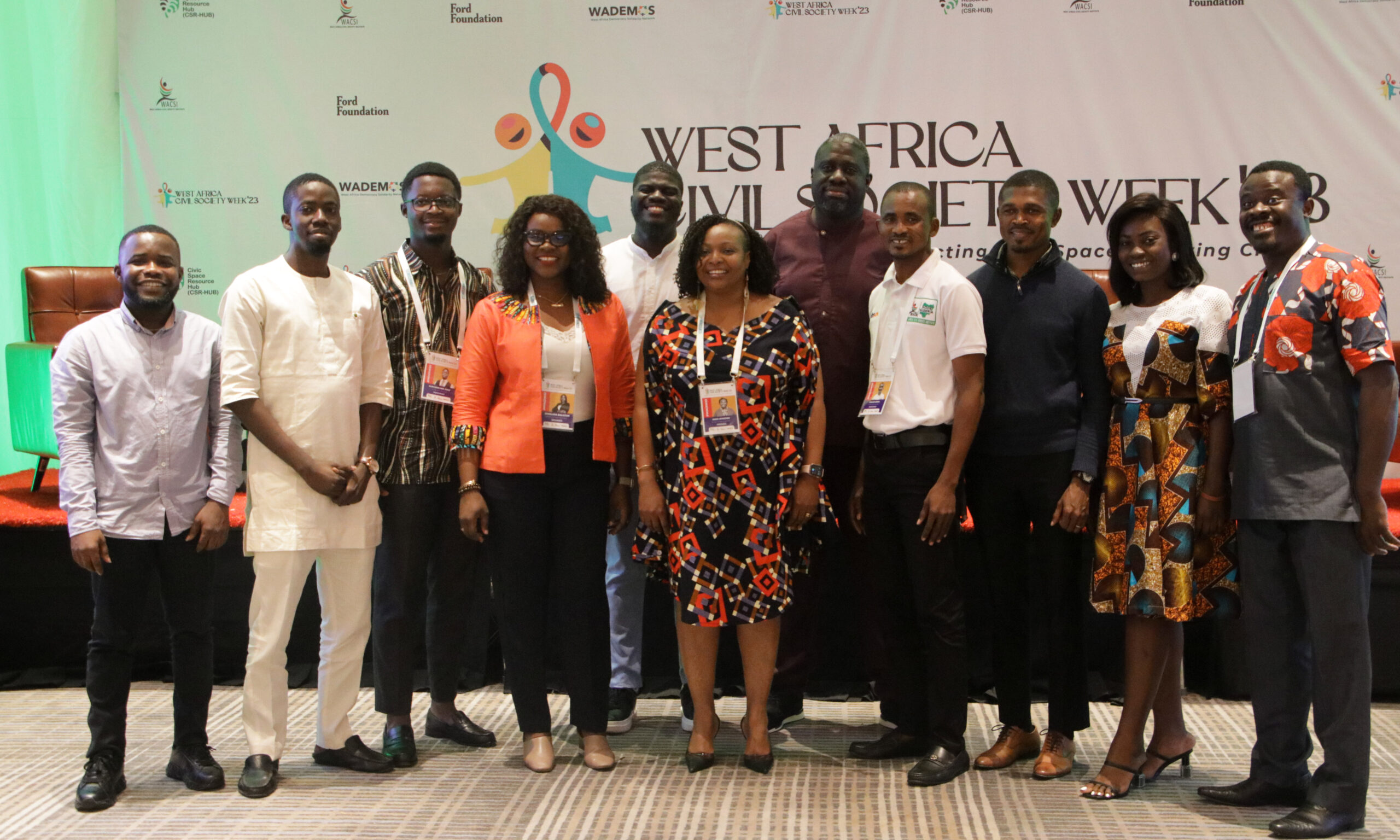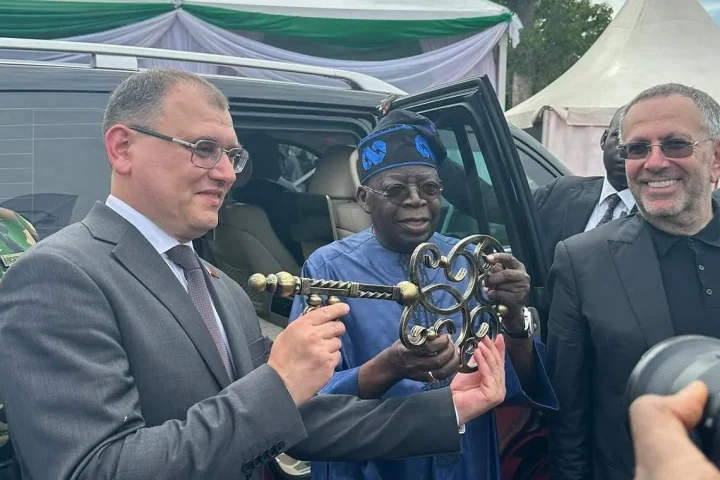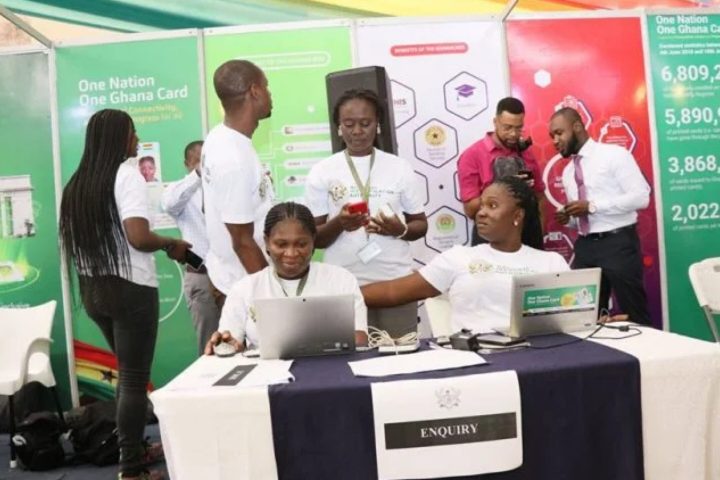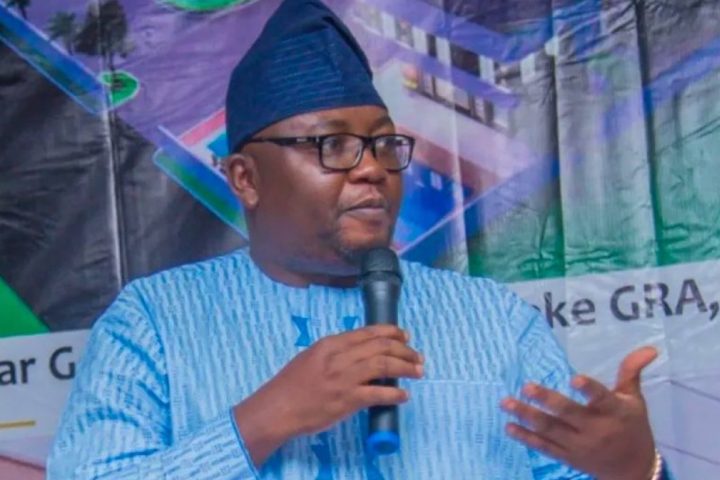Development projects are well appreciated, and executed to serve the best interest of a given community when the people are fully involved in the ideation, and financing, says Civil Society experts.
The experts, who made the submission at a panel session during the Civil Society Week organised last week in Lagos, argued that when the people are in full control of the resources for executing a development project it goes a long way to determine their level of power and control of over it and the extent to which their interests and original needs are served.
Join our WhatsApp ChannelREAD ALSO: West Africa CSOs Urged To Explore Local Funding Sources For Devt Projects
The panel discussion on the theme: “#ShiftthePower from Rhetoric to Practice: Advancing Locally-led Development in West Africa,” reflected on the need for African civil society leaders, grantmakers, philanthropic foundations, development partners and other humanitarian aid actors to involve local communities in driving their own development.
Mr Jim Chick Formunjong, Head, Knowledge Management and Communications Unit, WACSI, who chaired the session said the conversation centres around how civil society activists in the global South can embed the novel agenda of Shift the power into their activity template for development across the region.
Ms Ese Emerhi, Global Network Weaver, Global Fund for Community Foundation, Nigeria, said the #Shiftthepower campaign was brought to bear when it became imperative for civil society actors to begin advocacy for local or community philanthropy given past experiences with donors both at national and international levels, who according to her, in most cases, dictate what should be done and how they want it done without recourse to the real needs of the communities – the targeted beneficiaries.
She said the shift the power movement raises awareness about the need to mobilise resources for development projects from within a locality (via local philanthropy) not depending on foreign donors “That is community owning development agenda and promoting it,” Ms Emerhi said.
“When we talk about shift the power, it really means a conversation acknowledging community philanthropy. Those in the communities actually have the knowledge, the power and the access. In development, from the way it is practiced, is one that you use the power.”
She said the vision is about a development agenda that is based on dignity, equity, and justice as witnessed in different countries of the world. It is simply to shift the power to actors in organisations so that they can use the powers for their communities.
Mr Mohammed Awal Alhassan, Executive Director Norsaac, Ghana, noted that #ShiftthePower narrative dwells on the fact that power over development projects lies where the funding is coming from and the goal they want to achieve. He said that the global North usually (through NGOs) fund and determine how things are run in line with what they want.
While highlighting the central role of funding in the dynamics of power, Mr Alhassan explained that the #ShiftthePower rhetoric is about changing things, adding that the Shift the Power narrative is an evolving concept.
He further emphasised that if people in the global South decide to launch the campaign aggressively and take it seriously, it would go a long way in changing the narrative of development in the area.
Programme Officer, Ford Foundation, Ms Olufunke Baruwa, said the Foundation believes that people in local communities should lead in development efforts.
She said Ford Foundation has a set of programmes that support local communities in West Africa to take up and lead development initiatives. She said one of them is supporting CSOs through the Foundation’s Weaving Resilience initiative. Recall that the Foundation in October 2022, launched $80 million Weaving Resilience initiative to support civil society organisations throughout the Global South to help create a space for them to be able to empower each other and thrive.
While acknowledging that there is local power, Ms Baruwa said there is a need to reach out to local philanthropic organisations to key into that agenda.
Ms Baruwa said: “Shifting the power means that we need to recognize that there is already some form of imbalance because we have the resources.
“We recognize that there is local power and harvesting the kind of local power that we have is also critical.”
She also hinted at driving the Shift the Power initiative through targeted investments in local communities as opposed to going through the process of drafting policy documents in organisations.
She encouraged local development actors to leverage their powers and opportunities to lead the charge on these issues.
Victor Ezeja is a passionate journalist with seven years of experience writing on economy, politics and energy. He holds a Master's degree in Mass Communication.


















Follow Us